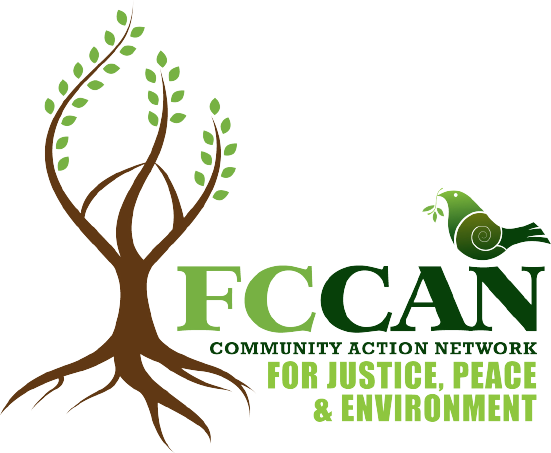Envisioning Abolition
I remember learning about calling 911 in grade school if I was in trouble. Cops would even come to our school and we would ask them questions about bad guys. The socialization of cops as heroic and essential components of a peaceful society starts at a young and impressionable age. And the reliance of policing and prisons is perpetuated by “who are you going to call when ________ happens to you?”
For many white people, and for many people in this police state in general, a knee-jerk first reaction is to call the police when you need help. Not only is it because of the privilege that white folks have, knowing that the police could be on their side, but also we have been scared into believing that this is our only option. This blog post is not about why this is wrong, there are links provided to learn about that, I want it to be about personal embodiment of carcerality, the difficulties of moving away from it, and the outcomes of learning through abolition.
For a large part of my time interning at FCCAN, I have been working through an abolition study guide with fellow FCCAN members and friends. I also facilitated a workshop on Power, Abolition, & Healing Justice taught by Cesia Dominguez Lopez from Color Coded. I highly recommend
checking out both of these links for further resources and to learn more about abolition.
For me, this quote by RWG continuously reminds me of what it means to be an advocate for abolition and what needs to be created and imagined for the future.
However, despite how much I have immersed myself in advocating and learning abolition, I still have more information about what needs to be undone or destroyed than what needs to be created. I have found that it is much harder to envision a future without prisons and policing, than it is to imagine what alternatives there are and how social safety nets could be formed. I have also realized how much I have embodied carcerality, and deconstructing 23 years of that embodiment is difficult. Deconstructing these thoughts and practices has been very challenging, frustrating, and emotional. I am realizing that doing so is just a piece of the puzzle, and is
probably a constant practice when we are flooded by so much hate and systems of oppression in society.
This work has made me open up and become vulnerable about some of the issues that so often we do not think we should talk about or ones that we do not know how to talk about. I asked myself how long have I sought revenge? This question flooded my body when confronted with the demands to put George Floyd’s killers in prison. Realizing that actually doing so would provide no positive outcomes for the future–and would definitely not end police brutality and state sanctioned murders, I still desired to see those cops in prison. In my own life, when I feel like I have been done wrong, why do I desire revenge? I thought of scenarios where I would act on revenge before advocating for abolition–what if someone commits an atrocity on my family or friends? What then? It seems very easy to slip into this mindset, and only focus on the what- ifs.
However, as stated by Ruth Wilson Gilmore, abolition is not necessarily about the what- ifs. Yes, a lot of theory and practice can answer those questions–even looking at statistics of policing and prisons and if they actually help, answers those questions. However, abolition is about creating a new, envisioning what support there will be if an atrocity is committed against you or a loved one. I notice I lose sight of the importance to create and imagine, and I focus on the, “what do we do next? How fast can we get that done?” There is no step-by-step guide to abolition, that is not the point of abolition and it took me a while to realize this.
Here are some resources for community-led life-affirming programs in the Bay Area and Sacramento that are working through abolition:
● Sogorea Te’ Land Trust
● Creative Interventions
● Anti-Police Terror Project, Sacramento: MH First
Before divulging further into what others are doing to advocate for abolition, ask yourself:
1) What carcerality do I embody?
2) Where, when, how, and why do I seek revenge?
3) What is my relationship to my community and who am I accountable to?
4) How can I advocate for abolition without romanticizing communities and system problems in society?
Keep imaging, creating, and loving.

